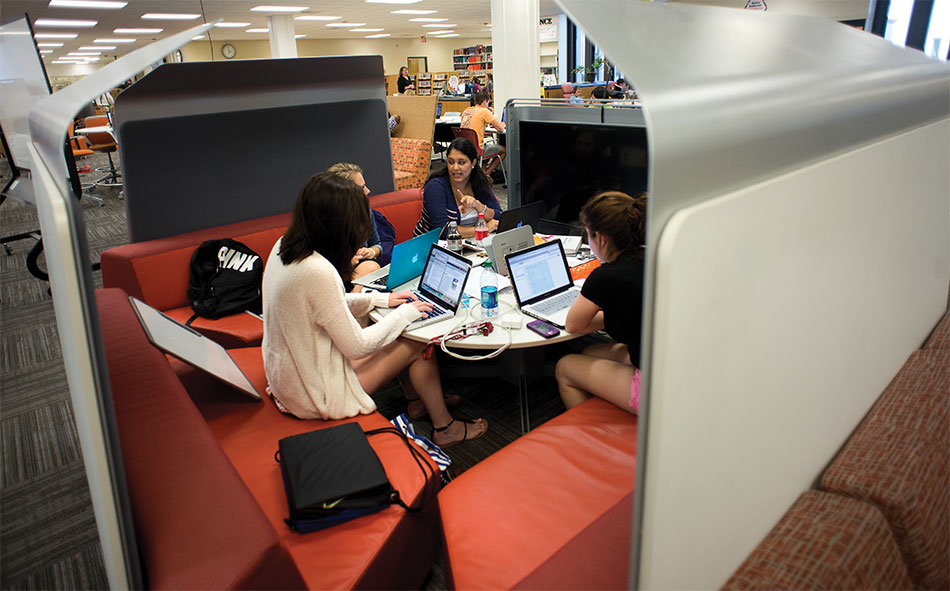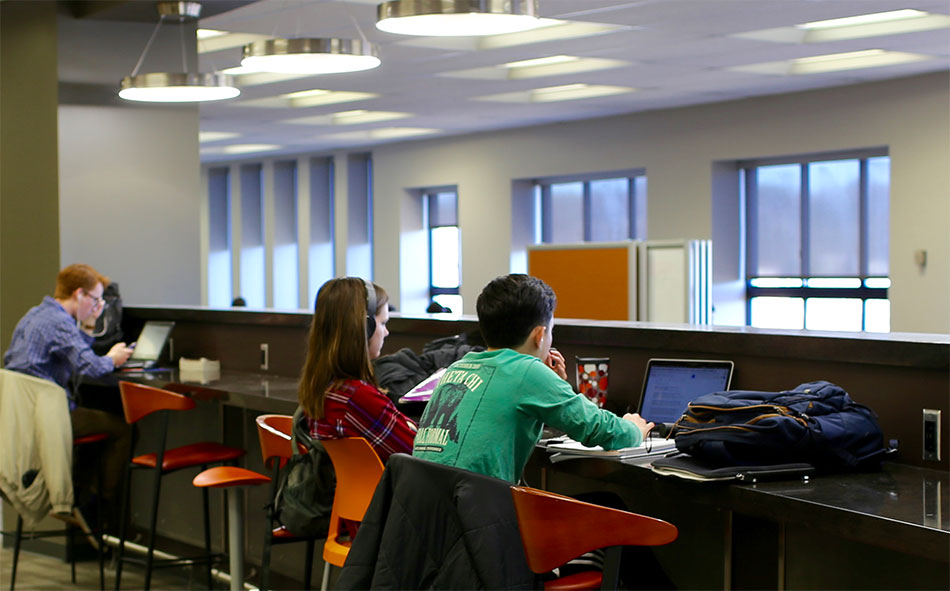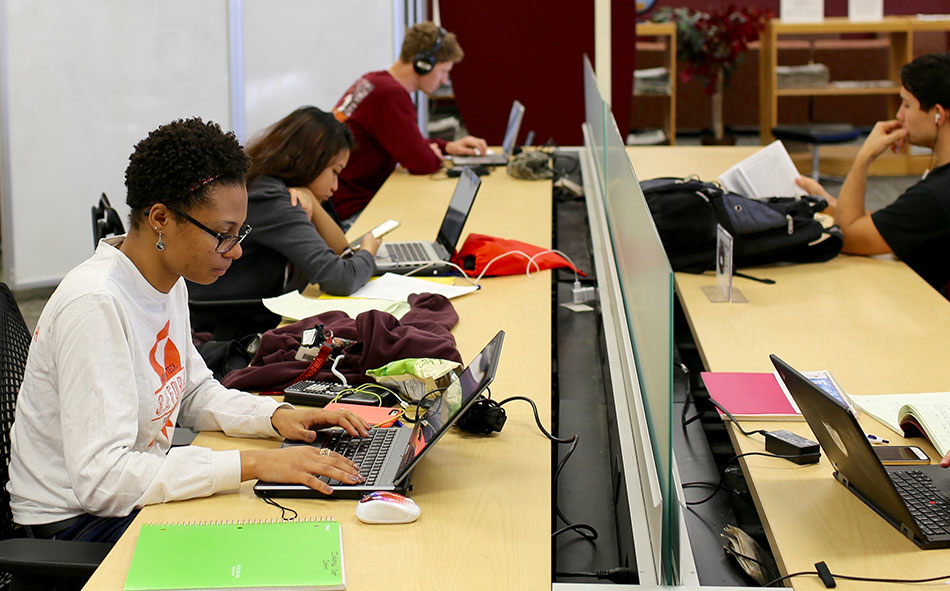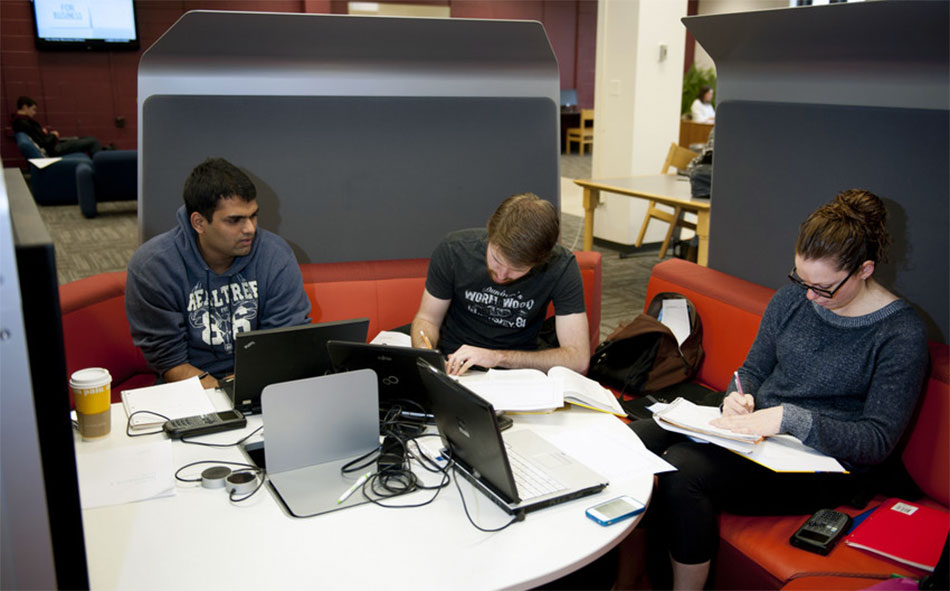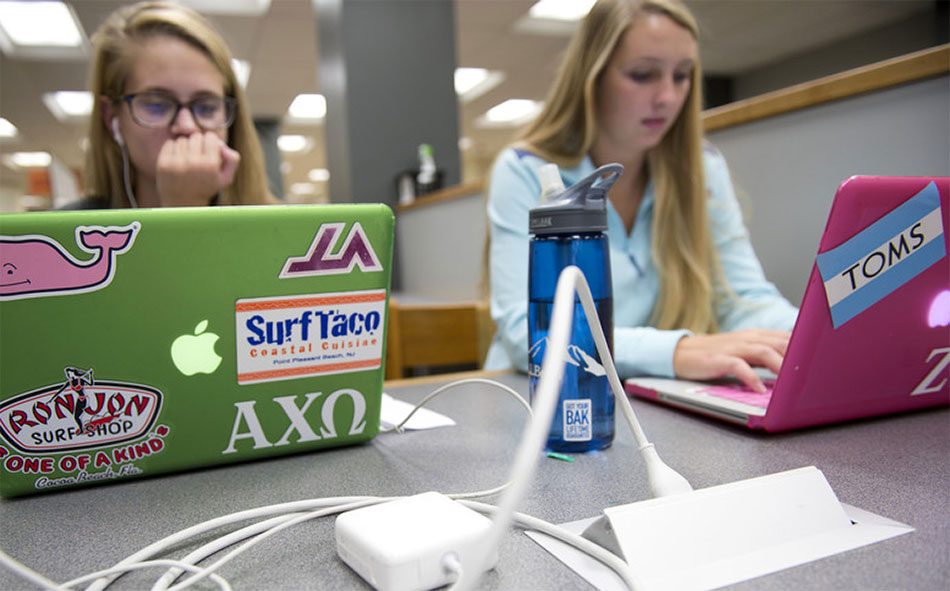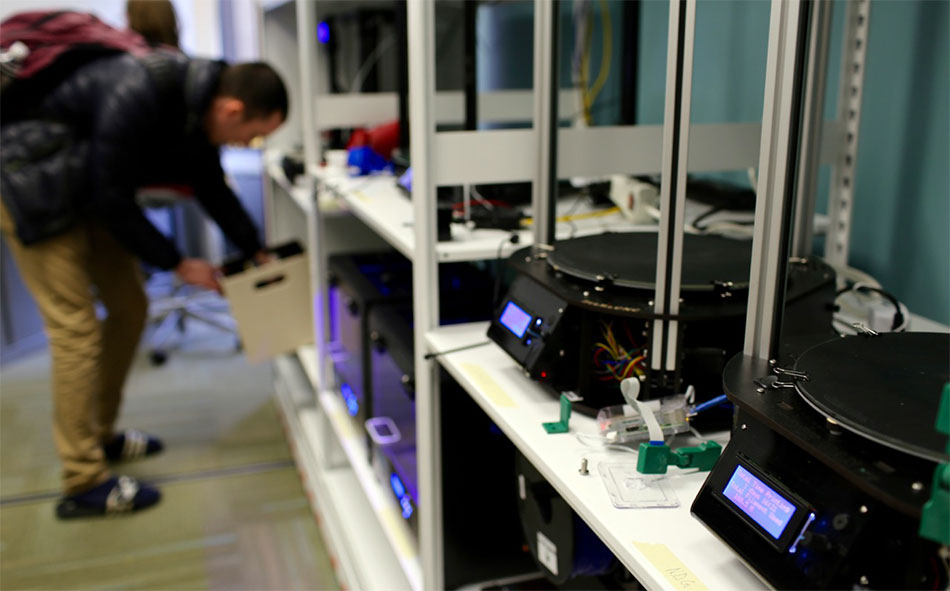
Do libraries have a future?
When people ask this question, what they usually want to know is whether print books have a future. The assumption is that as more information becomes available online, we won't need books and therefore won't need libraries.

Brian Mathews is associate dean for learning in
Virginia Tech's University Libraries.
It's unlikely that the book format will ever completely go away. Librarians, though, are focused on an even larger question: How will the shape of knowledge evolve? We are concerned with how information is collected, organized, described, and utilized. Although there is a lot of content online, that doesn't mean it is free. We work hard to provide people with seamless access to what they need.
We're also concerned about future compatibility. As formats and operating systems change, the files and tools that we use now might be obsolete in 10, 20, or 100 years. Libraries are in it for the long haul. We want to ensure that the information created today is available tomorrow.
Learning is changing, too. Students are writing code, designing graphics, composing videos, and developing Web content. They participate in undergraduate research programs and service-learning projects, and some students are even launching start-up companies. Librarians aim to support the growth and progress of the university, and so we are embedded everywhere from classrooms to research labs. Not only are we information specialists, we are also experts in such areas as data, design, and digital literacy.
Perhaps the most noticeable change has been to our buildings. From animation labs to 3-D printing studios, cafés, common areas, and an assortment of academic and research services, libraries have become intellectual incubators on campus.
We are designing spaces that propel students and faculty toward being more creative, more collaborative, and more innovative. There is a good balance between areas that offer quiet reflection and spaces that encourage interdisciplinary encounters.
Six years ago, Newman Library saw about 400,000 visitors a year. Today, we welcome more than 1.3 million people into our building. While there are still many books and silent reading nooks, we also offer a wide array of technologies and furniture. Walk through the building sometime, and you will see that it is filled with an industrious scholarly spirit.
Although more information is available online, and social media has become a major part of modern life, libraries have become more valuable than ever. They are social hubs that bring people together productively to explore, share, and build their ideas and to feel a part of the community.
